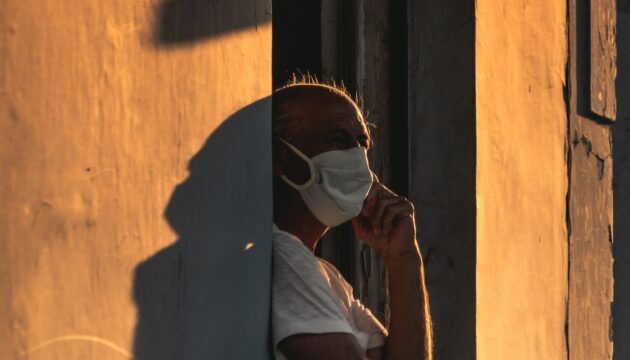Coronavirus (COVID-19)
Our work in Coronavirus (COVID-19)
-
Valuing COVID-19 Mortality and Morbidity Risk Reductions
This talk will explore methods and findings from a recent report authored by Lisa A. Robinson, Michael R. Eber, and James K. Hammitt for the U.S. Department of Health and Human Services.
-
How COVID Can Help Us Refocus on the How and Why of Value Assessment
The limitations of conventional approaches to value assessment are particularly clear when reflecting on our experience with the COVID-19 pandemic.
Categorized in -
The Hidden Cost of Covid-19: Years of Life Lost Among the Young
The focus on deaths affecting mainly the elderly is unfortunate because it likely created a false sense of security among the young.
Categorized in -
Measuring the COVID-19 Mortality Burden in the United States
A team from the USC Schaeffer Center undertook a full assessment of the first year of the pandemic’s mortality burden by measuring years of life lost and accounting for quality-of-life differences, factoring in age, sex, race/ethnicity and comorbidities.
Categorized in -
Study Finds More Than 9 Million Excess Life Years Lost During COVID Pandemic
Black and Hispanic persons have experienced a disproportionate number of life-years lost.
Categorized in -
Leveraging Rapid Antigen Tests in School-Aged Children
To keep schools safe, students enrolled at LAUSD schools were required to show a negative COVID-19 test in the two weeks prior to the first day. Is this a good use of scarce resources?
Categorized in -
After Their Initial Diagnosis, Many Adult COVID-19 Patients Continue Seeking Medical Care for up to Six Months or More
Analyzing claims data, does COVID-19 related healthcare utilization persist in for 180 days or more, also known as long COVID, after their initial diagnosis?
Categorized in -
Spatial Transmission of the Economic Impacts of COVID-19 Through International Trade
While most of the attention to COVID-19 is being focused on the physical transmission of the virus across country borders, there is also an analogous spatial transmission of economic impacts through international trade and global supply chains. This paper presents an analysis of the extent to which the economic shocks of mandatory closures to mitigate […]
Categorized in -
COVID-19 Vaccine Refusal Increases After Being Overlooked During Distribution Process
A new USC Schaeffer Center study finds that how vaccines are allocated may contribute to vaccine hesitant individuals later refusing the vaccine when it is made available to them.
Categorized in -
Effect of COVID-19 Vaccine Allocation Strategies on Vaccination Refusal: A National Survey
A new USC Schaeffer Center study finds that how vaccines are allocated may contribute to vaccine hesitant individuals later refusing the vaccine when it is made available to them.
Categorized in








